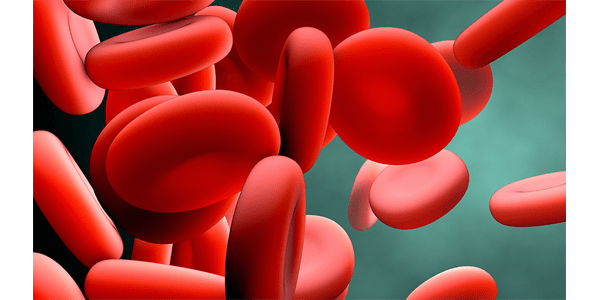Adapted from a UW Medicine news release
Dr. Ying Zheng, UW associate professor of bioengineering, Dr. Joseph D. Smith, UW affiliate professor of global health and a Seattle Children’s infectious disease researcher, and Dr. Cole A. DeForest, UW assistant professor of chemical engineering and bioengineering, have engineered tiny blood vessels and shed light on how severe malaria infection causes red blood cells to get stuck in the bloodstream’s narrowest passageways. Their paper is published in the Jan. 17 issue of Science Advances.

Ying Zheng, UW Bioengineering
Led by Dr. Zheng, the team created a 3D capillary model with living cells to study how red blood cells travel through the body’s smallest blood vessels, carrying oxygen and nutrients to tissues. Healthy red blood cells can deform and elongate themselves to flow, single file, through tiny microvessels, even without touching the sides of the capillary. But cells infected with the malaria parasite are more rigid and knobby, and tend to tumble, causing them to bump the sides of the capillary and adhere. They often get stuck in narrow bottlenecks, and soon a pile-up occurs and the capillary becomes blocked.
The 3D capillary system the team developed holds promise for research on several other diseases that cause blockage or damage to human capillaries. These include sickle cell anemia, diabetes and cardiovascular problems. The system might also be an initial step toward engineering microcirculation for regenerative medicine purposes, such as to supply sufficient blood flow to organ-repairing patches derived from stem cells or to laboratory-grown organs.

Cole Deforest, UW Chemical Engineering and Bioengineering
The scientists were able to construct their capillary system through a type of biological printing of vessels 100 micrometers in size engraved into a collagen base. Multiphoton technology from the DeForest lab was employed to etch the channels and to disturb cells from larger blood vessels, thereby encouraging them to move into the channels and form capillaries.
Other scientists on the team included Maria Bernabeu of Seattle Children’s and Christopher Arakawa, Celina Gunnarsson, Caitlin Howard, Kiet Phong and Eric Yang, all of the UW Department of Bioengineering.
Read the full UW Medicine release.



